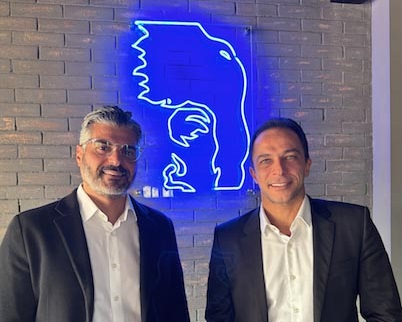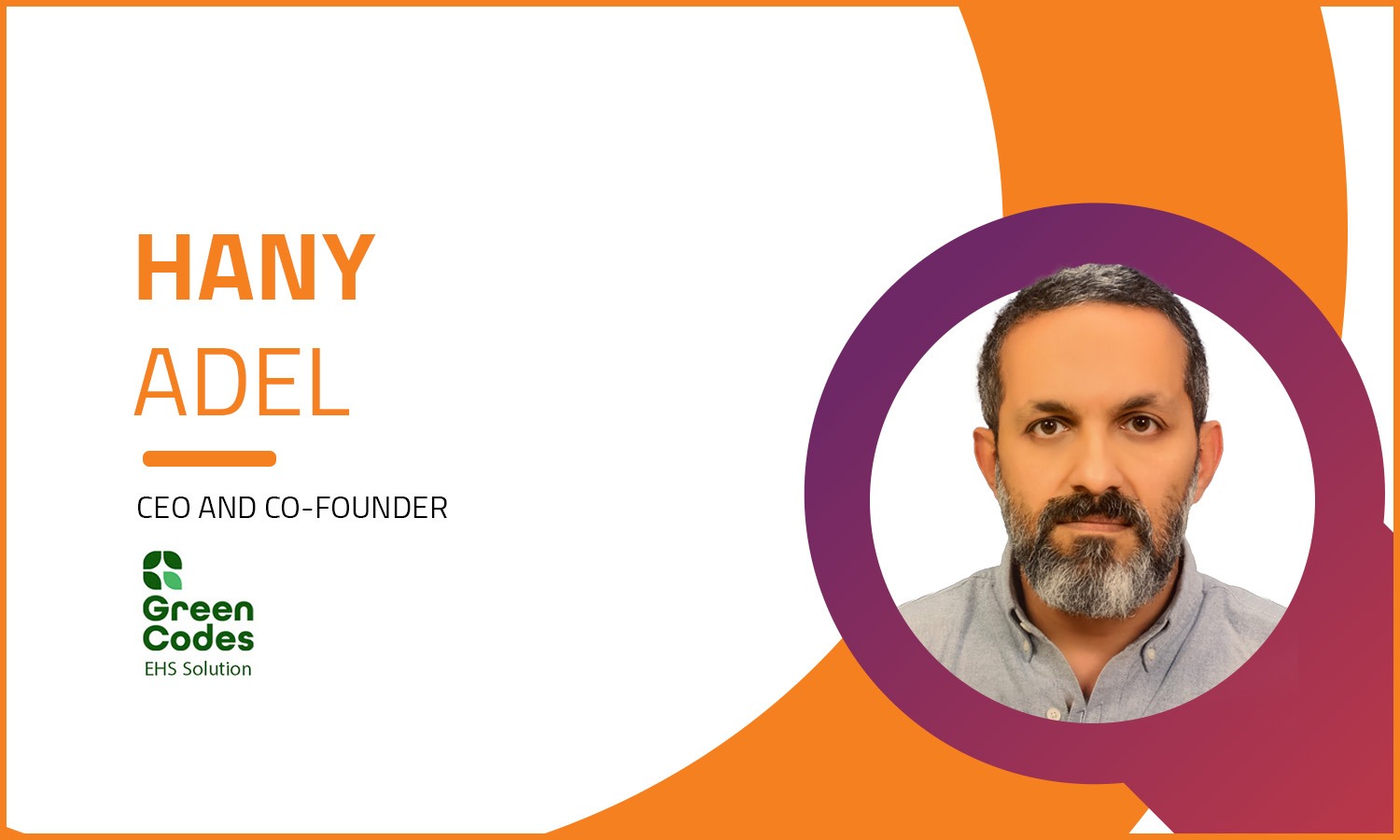Egypt, Germany seal €77.3M agreements to back development sectors
Updated 12/16/2024 1:56:00 AM
Arab Finance: Egypt and Germany have signed agreements worth €77.3 million to support various development sectors, according to a statement by the Egyptian Ministry of Planning, Economic Development, and International Cooperation.
These agreements include grants and debt swaps to fund two projects aimed at sustainable development and achieving Egypt’s national development goals.
The first project is the Technical Support to the Comprehensive Technical Education Reform Initiative II, valued at €16.31 million. This project aims to improve the technical education system’s efficiency, quality, and relevance in Egypt.
Running from 2024 to 2028, this project is a key component of the Egyptian-German New Comprehensive Technical Education Initiative, a long-term partnership established in 2018.
Meanwhile, the second project is the Financial Support to the Comprehensive Technical Education Initiative II, which involves a €32 million grant. This initiative aims to upgrade technical education and vocational training in Egypt.
As part of the initiative’s phase II, this project is part of a three-phase program to scale up the quality of technical education and vocational training by improving infrastructure, including constructing green buildings and renovating existing facilities as per environmental sustainability standards.
So far, Germany’s financial cooperation with Egypt in the field of technical education has reached approximately €121.5 million.
Additionally, a €29 million debt swap agreement was signed for a project to strengthen national capacities to provide high-quality education, health, and nutrition services.
This project supports social cohesion and resilience for communities affected by crises and their host populations.
Beneficiaries from this agreement are the Ministries of Social Solidarity, Health and Population, and Education and Technical Education, along with international partners such as UNICEF and the World Food Program (WFP).
Related News









